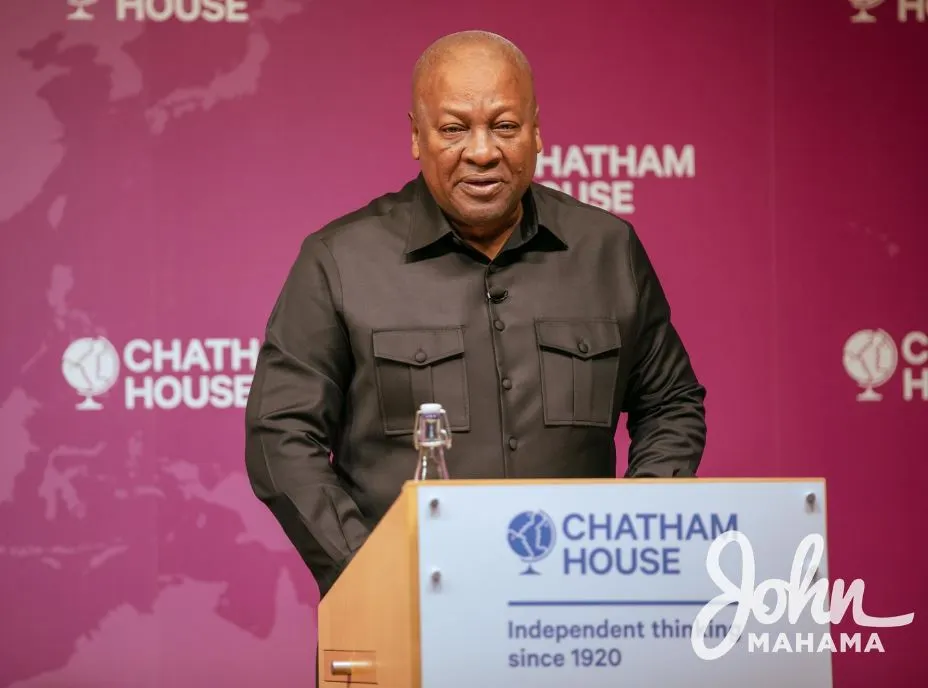
Former President John Dramani Mahama has suggested that the Akufo-Addo government must put the ‘Gold for Oil agreement’ before parliamentary for scrutiny and approval since the deal is an international financial transaction.
“According to the 1992 Constitution of Ghana international financial transactions require the approval of Parliament,” he stated at a public forum in London, adding it does not matter that the deal is a barter trade.
Speaking in response to a question at the forum, attended by members of the UK & Ireland Chapter of the National Democratic Congress (NDC), President Mahama cited the Sinohydro agreement that exchanges the country’s bauxite for infrastructure development by China as a classic example of batter trade.
He further explained that if the Sinohydro agreement was a batter deal and went to Parliament for approval because it is an international financial transaction, why not the current deal in which Ghana’s gold is being exchanged for oil.
The former President noted that the deal is currently shrouded in complete secrecy with only government officials who are involved in the transaction knowing the details, describing the development as unacceptable.
“There is a complete lack of transparency about the transaction, and that is one of the major problems with this government. They hide everything and do as they please”, he noted.
Mr. Mahama believes with parliamentary scrutiny, Ghanaians will have value for money in the gold for oil deal and also know the beneficial owners behind the transaction.
The ‘Gold for Oil’ policy is to buy oil products with gold rather than U.S. dollar reserves, and is meant to tackle dwindling foreign currency reserves coupled with the demand for dollars by oil importers, which weakens the Ghana cedi and increases living costs.
Speaking at the 2022 AGI Awards in Accra, Vice President Dr. Mahamadu Bawumia explained that Ghana’s gold for oil program will give Ghana the space to accumulate more international reserves as the country will save the $3 billion it spends on oil imports.
He added that the use of gold was specifically for oil imports in the face of declining foreign exchange reserves.